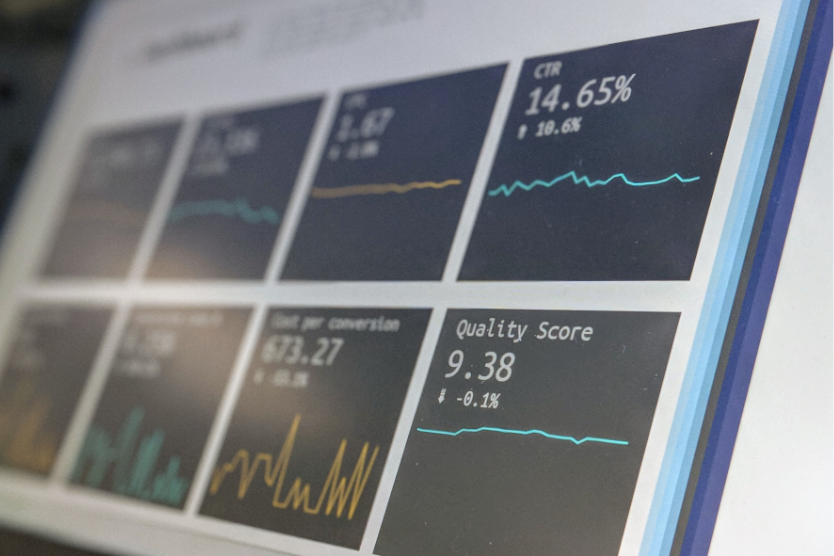
A new AI software package collects, documents and analyses test data from batteries, accumulators and fuel cells to streamline decision-making for R&D teams.
© Stephen Dawson, Unsplash
From electrochemical storage to fuel cell technologies, with so many new battery technologies becoming available, manufacturers have a hard time trying to work out which are most suitable for what application. That’s where a spin-off of the Fraunhofer Institute for Chemical Technology (ICT) has stepped in. Batalyse GmbH have developed a modular software package which collects, documents and analyses test data from batteries, accumulators and fuel cells to streamline decision-making for R&D teams.
Whether it’s batteries for electromobility or stationary energy storage, new high performance materials and components, arranged in the best possible combinations and at lower costs, are what’s needed to expedite Germany’s energy transition. Higher energy density and greater sustainability credentials are also key requirements for the batteries of the future.
"In research, development and production, data analysis and documentation costs a lot of time. Behind a simple measurement are chains of information with hundreds of parameters on materials, processes and tools. By combining our software modules, we automate the complete data processing and can prepare data and information for an AI deployment," says Dr Markus Hagen, CEO of Batalyse GmbH.
"Manufacturers subject their batteries and materials to continuous checks and test numerous parameters such as the quality of the production processes or the electrodes. Here, we support the companies with our three software modules Data Analysis, Collect and Mind to ultimately develop the best battery of the future," adds Hagen.
Data Analysis is commercially available now. The modules Mind and Collect are still at prototyping stage and won’t be available until early 2022, although Hagen is inviting industry customers to begin testing them out now.


